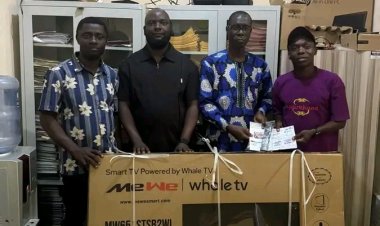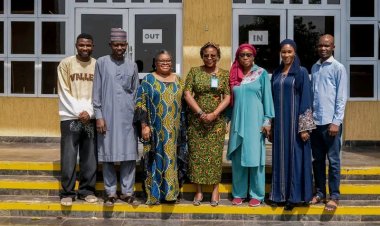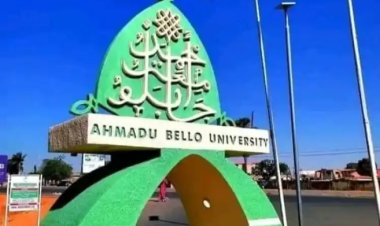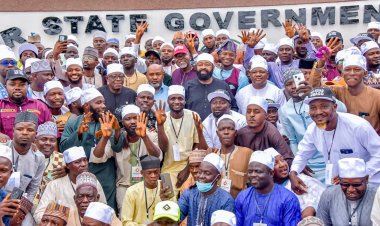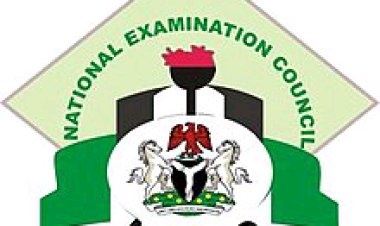Comprehensive List of Nigerian Federal, State, and Private Universities Accepting Second Choice Candidates In 2023
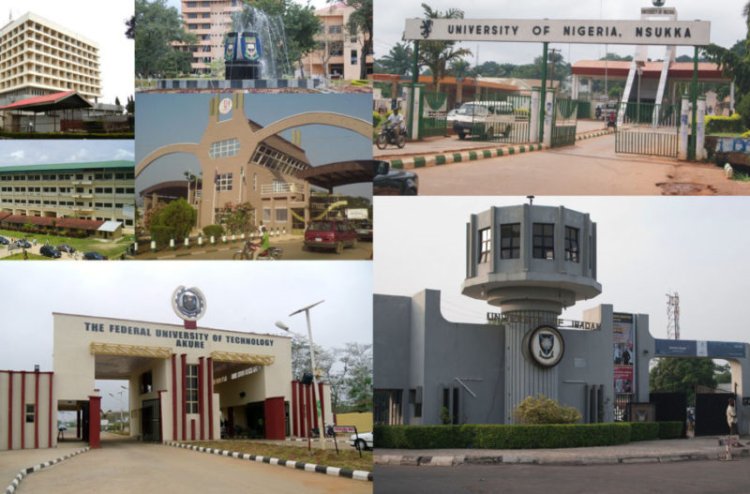
In Nigeria, gaining admission into a university is a significant milestone in a student's life. With a surge in the number of applicants every year, the competition has become more fierce than ever.
Many aspiring students aim to secure admission into their first-choice universities, but not all are successful. For those who find themselves in this situation, the option of selecting a second-choice university comes into play.
Second Choices in Federal Universities:
Several federal universities in Nigeria do consider second choice candidates, offering them an opportunity to pursue higher education. Notable institutions in this category include:
- University of Maiduguri, Borno State (UNIMAID)
- Federal University, Oye Ekiti, Ekiti State (FUOYE)
- Federal University, Lokoja, Kogi State (FULOKOJA)
- Federal University Dutse, Jigawa State (FUD)
- Federal University, Birnin Kebbi, Kebbi State (FUBK)
- Federal University Dutsin-ma, Kastina State (FUDMA)
- Federal University Gashua, Yobe State (FUGASHUA)
- Federal University Lafia, Nasarawa State (FULAFIA)
- Federal University Gusau, Zamfara State (FUGUS)
- Federal University Kashere, Gombe State (FUK)
- Federal University Ndifu-Alike, Ebonyi State (FUNAI)
- Federal University Otuoke, Bayelsa State (FUOTUOKE)
- Federal University Wukari, Taraba State (FUWUKARI)
Second Choices in State Universities:
State universities across Nigeria also open their doors to second choice candidates. This policy ensures that students have access to quality education regardless of the university's location. Prominent state institutions that accept second choice candidates include:
- Cross Rivers University of Technology, Calabar, Cross River State (CRUTECH)
- Abia State University, Uturu, Abia State (ABSU)
- Adamawa State University, Mubi, Adamawa State (ADSU)
- Akwa Ibom State University, Ikot-Akpaden, Akwa Ibom State (AKSU)
- Anambra State University, Uli, Anambra State (ANSU)
- Abubakar Tafawa Balewa University, Bauchi, Bauchi State (ATBU)
Second Choices in Private Universities:
Private universities have gained popularity in recent years, offering diverse academic programs and fostering innovation. Some private universities, such as Paul University, Awka, Anambra State
- Tansian University, Oba, Anambra State
- University of Mkar, Gboko, Benue State
- Western Delta University, Ogbara, Delta State
- Edwin Clark University, Kiagbodo, Delta State
- Gregory University, Uturu, Abia State
- American University of Nigeria, Yola, Adamawa
- Modibo Adama University of Technology, Yola, Adamawa
- Obong University, Obong, Ntak Akwa-Ibom State
- Ritman University, Ikot Ekpene, Akwa Ibom State
List of Nigerian Universities That DO NOT Accept Second Choice Candidates
- University of Ilorin, Ilorin, Kwara State (UNILORIN)
- University of Nigeria, Nsukka, Enugu State (UNN)
- Federal University of Agriculture, Abeokuta, Ogun State (FUNAAB)
- University of Jos, Jos, Plateau State (UNIJOS)
- University of Lagos, Yaba, Lagos State (UNILAG)
- Ahmadu Bello University, Zaria, Kaduna State (ABU)
- University of Ibadan, Ibadan, Oyo State (UI)
- Nnamdi Azikiwe University, Awka, Anambra State (UNIZIK)
- University of Calabar, Calabar, Cross River State (UNICAL)
- Obafemi Awolowo University, Ile Ife, Osun State (OAU)
- Federal University of Technology, Akure, Ondo State (FUTA)
Challenges Faced by Second Choice Candidates:
While the option of selecting a second-choice university broadens students' possibilities, it also comes with its set of challenges. These challenges include:
1. Limited Program Options: Second choice candidates might have fewer program options to choose from compared to first choice candidates who have priority in program selection.
2. Admission Cut-Offs: Meeting the admission cut-off marks for second choice candidates can be more demanding due to increased competition.
3. Limited Campus Facilities: Some second-choice universities might have limited campus facilities, affecting students' overall learning experience.
4. Perception and Stigma: There may still be a perception that second choice candidates are not as academically strong as first choice candidates, creating a stigma.
The option of selecting a second-choice university in Nigeria provides students with an alternative path to higher education. Federal, state, and private universities have recognized the need to accommodate more students, allowing them to pursue their academic dreams. While challenges exist, the willingness of these institutions to embrace second choice candidates is a positive step towards improving access to quality education in the country. As competition for university admission continues to rise, the role of second-choice universities in Nigeria's educational landscape remains essential.

